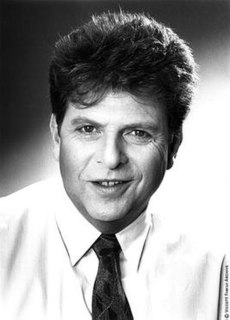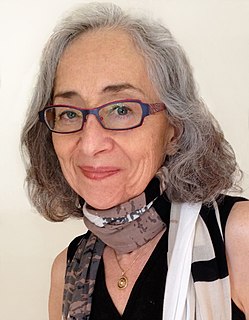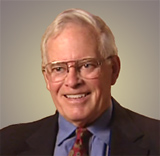A Quote by Clarence Darrow
Each child should be more intelligent than his parents.
Related Quotes
There's a natural tendency for children to, in some sense, inherit the cultural values of their parents. I'm not against that, that's fine, that's wonderful. What I am against is labelling. Nobody ever labels a child a cricketer because his father is a cricketer, but they do label a child a Catholic because his parents are Catholic. I think it's more or less unique. Nobody ever labels a child a socialist or a conservative or a liberal because that's what their parents are.
I have great faith in 'ordinary parents.' Who has a child's welfare more at heart than his ordinary parent? It's been my experience that when parents are given the skills to be more helpful, not only are they able to use these skills, but they infuse them with a warmth and a style that is uniquely their own.
Compared to other parents, remarried parents seem more desirous of their child's approval, more alert to the child's emotional state, and more sensitive in their parent-child relations. Perhaps this is the result of heightened empathy for the child's suffering, perhaps it is a guilt reaction; in either case, it gives the child a potent weapon--the power to disrupt the new household and come between parent and the new spouse.
What's been important in my understanding of myself and others is the fact that each one of us is so much more than any one thing. A sick child is much more than his or her sickness. A person with a disability is much, much more than a handicap. A pediatrician is more than a medical doctor. You're MUCH more than your job description or your age or your income or your output.




































